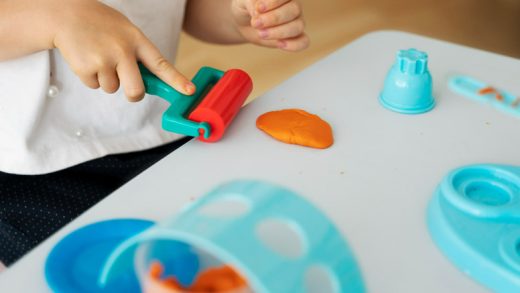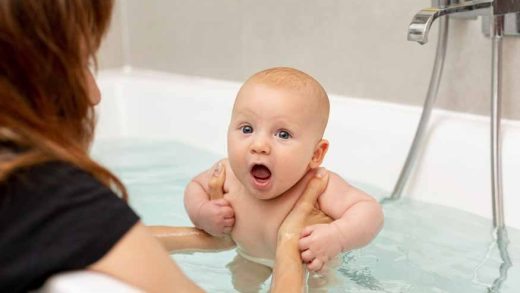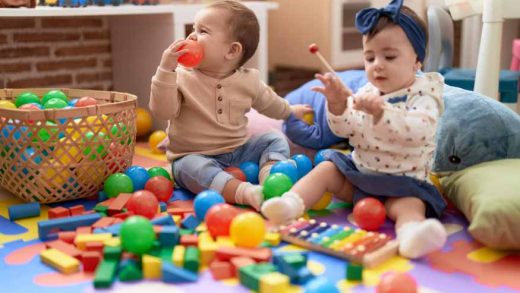Every parent dreams of giving their child the best start in life, and it all begins with the right preschool. It is a pre-primary education for kids. it ranges for the age group of 3 years to 6 years children. Often known as a Kindergarten or Play-school. These provide a foundation for future academic performance and learning.
Preschool success is popular nowadays. parents find it trusting and helpful. It becomes a much-needed space for learning. Also social interactions, and verbal communication from early childhood. Preschools offer various educational tools and educational toys. These aid in learning and promote a child’s overall development. And choosing the right tools according to their age group will set a learning path for them. Also, a child’s behaviour can be analysed in terms of respondents to a new learning or skill. You can also analyse how they handle their failures, success, and social skills. You can also see how they do with their peers.
Role of a Preschool: Devising Young Minds
The role of a preschool is pivotal in shaping young minds. It helps access to education and self-discipline. It also plays a key role in fostering positive attitudes and skills needed for healthy growth. Preschools follow specific standards. They use curricula tailored to different age groups. This ensures a structured but engaging learning environment. Here, children start formal learning outside their homes. They play age-appropriate games and do activities that help them grow mentally, socially, emotionally, and physically.
Children learn vital early life skills from peers in this setting. They learn skills like sharing, cooperation, and empathy. Language development is another significant benefit, with children expanding their vocabulary and learning communication patterns through rhymes, storytelling, and conversations. Preschools are also key in nurturing creativity and imagination. They do this through art, music, play, and various activities. The schools encourage exploration, self-expression, and a lifelong love for learning. Here are certain roles of a preschool:
- Early learning opportunities:
- Peer interaction and socialsing:
- Language and communication skills:
- Creativity and Imagination:
Preschools provide children with their first formal learning outside the home. They are fortified with appropriate structured environments. The children get involved with their age-appropriate games, learning, and activities. They promote their cognitive, social, emotional, and physical development.
Children get to interact and socialise among peers. It gives a supervised environment in which children learn through playing. They learn many important skills at an early age. Skills like sharing, cooperation, empathy, etc.
Children learn vocabulary, language patterns, and communication. They are in the form of rhymes, story-telling, and conversations.
A preschool plays a big role. It fosters a child’s creativity and imagination. It allows them to be creative and imaginative. They get these from art, music, play, and various activities. It promotes exploration, self-expression, and a love for learning.
Why ducationalToys are Important?
Educational toys are much demanded for young children. It helps boost their brain development and creativity. They help to upgrade their concentration, problem-solving skills, and logical reasoning. It also assists in building IQ for children. They do this through playing with these educational toys. And this serves the need and question of why educational toys are important. Below are some key points that show the need for educational toys and educational tools:
- Interactive learning:
- Cognitive skills:
- Social and emotional development:
- Fine and Gross Motor skills:
- Open-ended play:
Preschoolers learn best from educational tools. They learn by engaging and interacting in the learning process. Toys allow children to solve problems. They manipulate objects and play with cause-and-effect experiments. They help children enrich their skills, creativity, and critical thinking. Toys like tacking toys, and play dough, building blocks are examples. They develop interactive learning skills in children.
Early childhood is all about brain development in the right order. These educational toys enhance brain development and cognitive skills. Toys like counting games, puzzles, and shape sorters develop cognitive skills in children.
The toys and tools are crucial. They encourage children to take turns, cooperation, empathy, and self-expression. They help in developing social skills and emotional skills. Games like role-playing sets, emotion cards, and board games develop social skills. It also promotes emotional development in children. So do Dolls and puppets.
It involves use of small muscles like fingers and hands. It also involves bigger muscles like arms and legs. They are known as fine gross skills and gross motor movement. It aids in building strength, physical confidence, and coordination. Toys and tools such as crayons, paintbrushes, and play tunnels. Also, games involving throwing a ball, catching, kicking. There are tricycles and balance beams. They develop fine and gross motor skills in children.
the open-ended play tools help children to foster exploration. It allows imagination and problem-solving skills. Tools like clay, markers, role-playing sets, wooden blocks, and collage-making. They encourage creativity in children.
Educational tools and toys help build the foundation in kids for preschool success. Not only in preschool but at home too parents must encourage providing such toys and tools. It helps to develop a child’s cognitive abilities and emotional regulation. It also helps social interaction, creativity, and imagination. And creating a better learning opportunity. It improves the skills and academic future of the child. These cater to a rich learning environment for the children. Using these educational toys daily helps children maximise their learning capacities.
At Kangaroo Kids International Preschool, we understand that every child’s journey to success starts with the right foundation. Our commitment to nurturing young minds goes beyond the classroom, blending education, creativity, and play in a way that sparks lifelong love for learning. With an age-appropriate curriculum designed to foster growth in preschoolers aged 3 to 6 years, we provide a structured yet engaging environment where your child can thrive. Contact us to learn more about how we can be part of your child’s path to preschool success.









